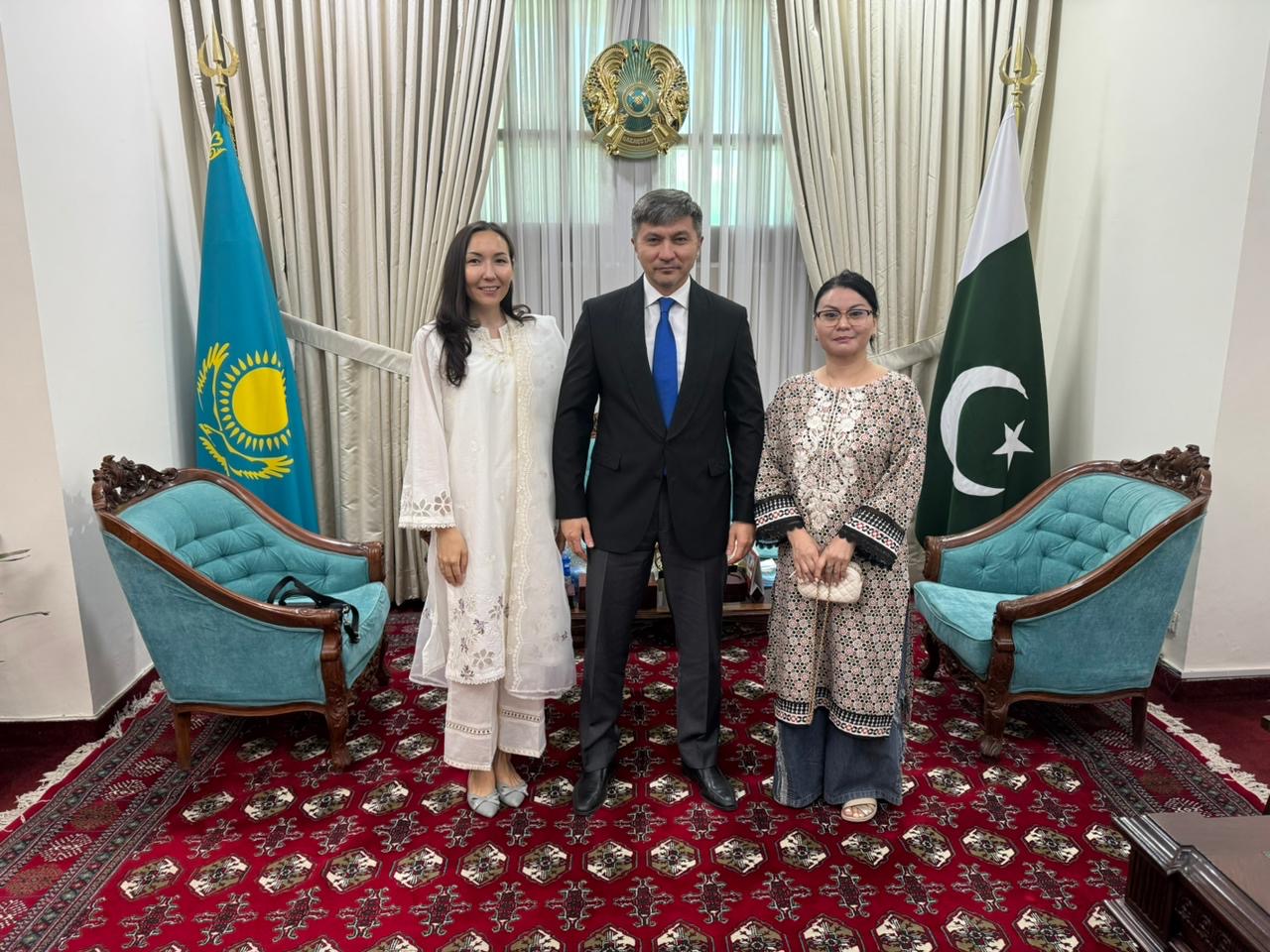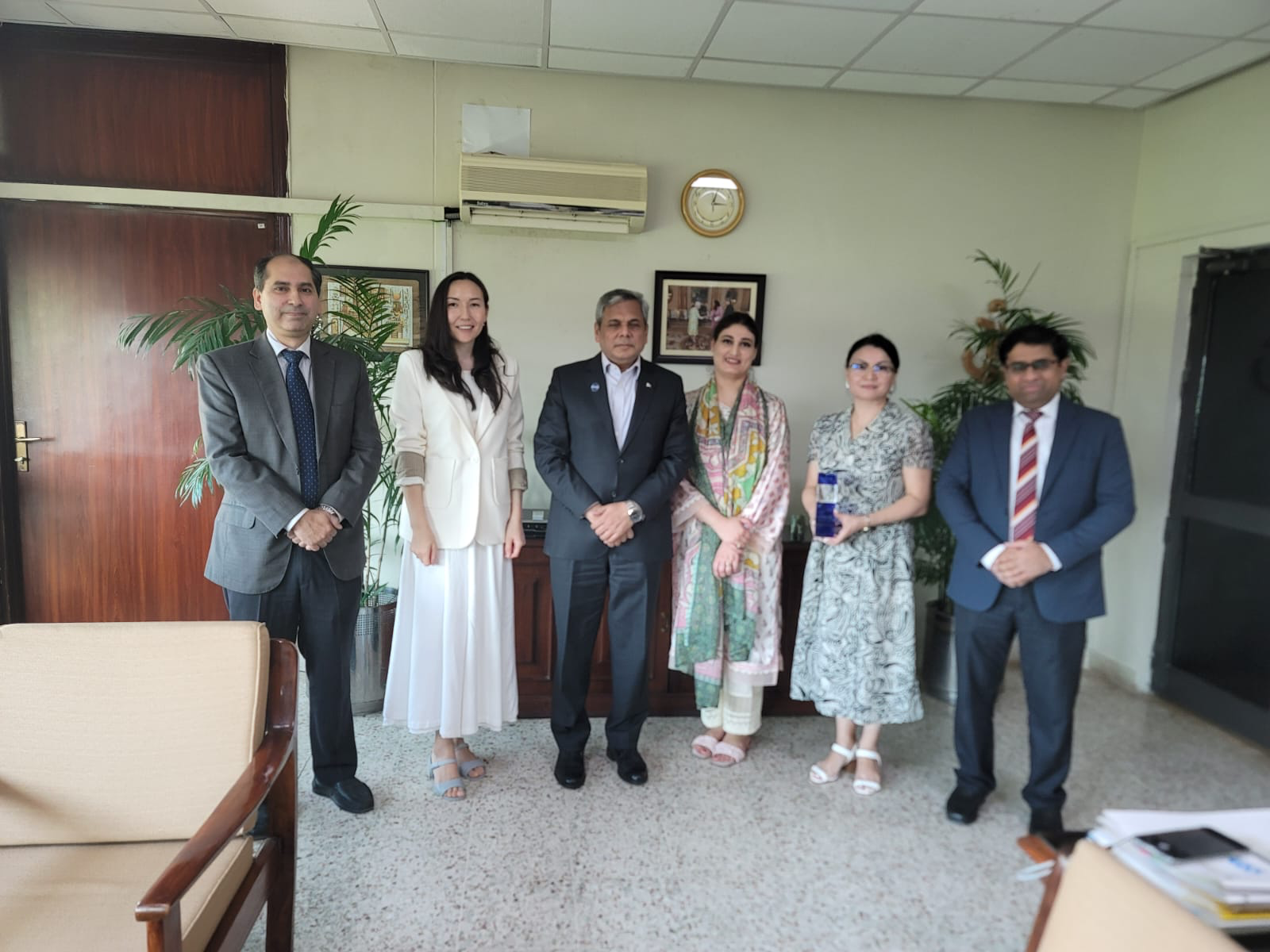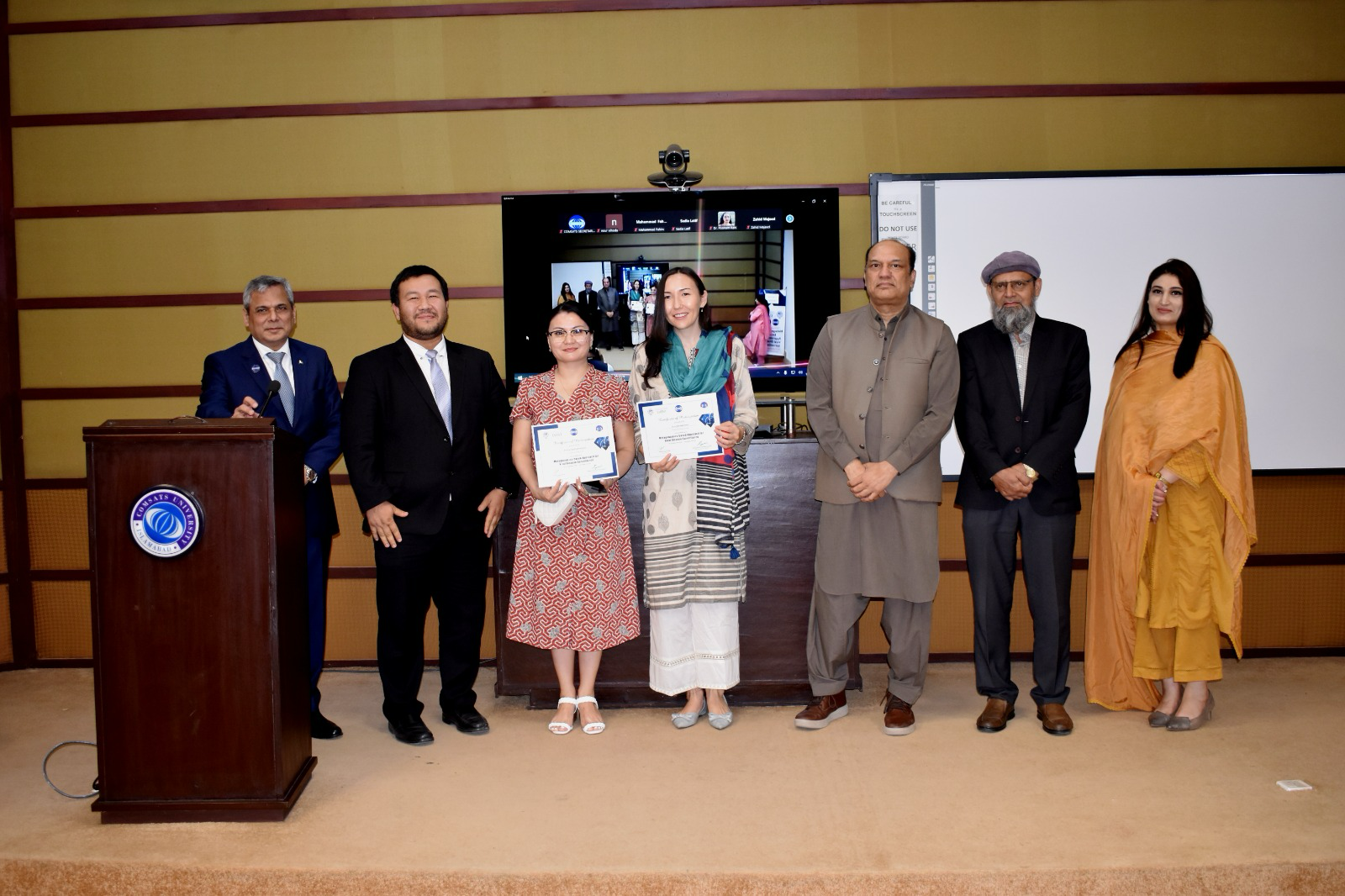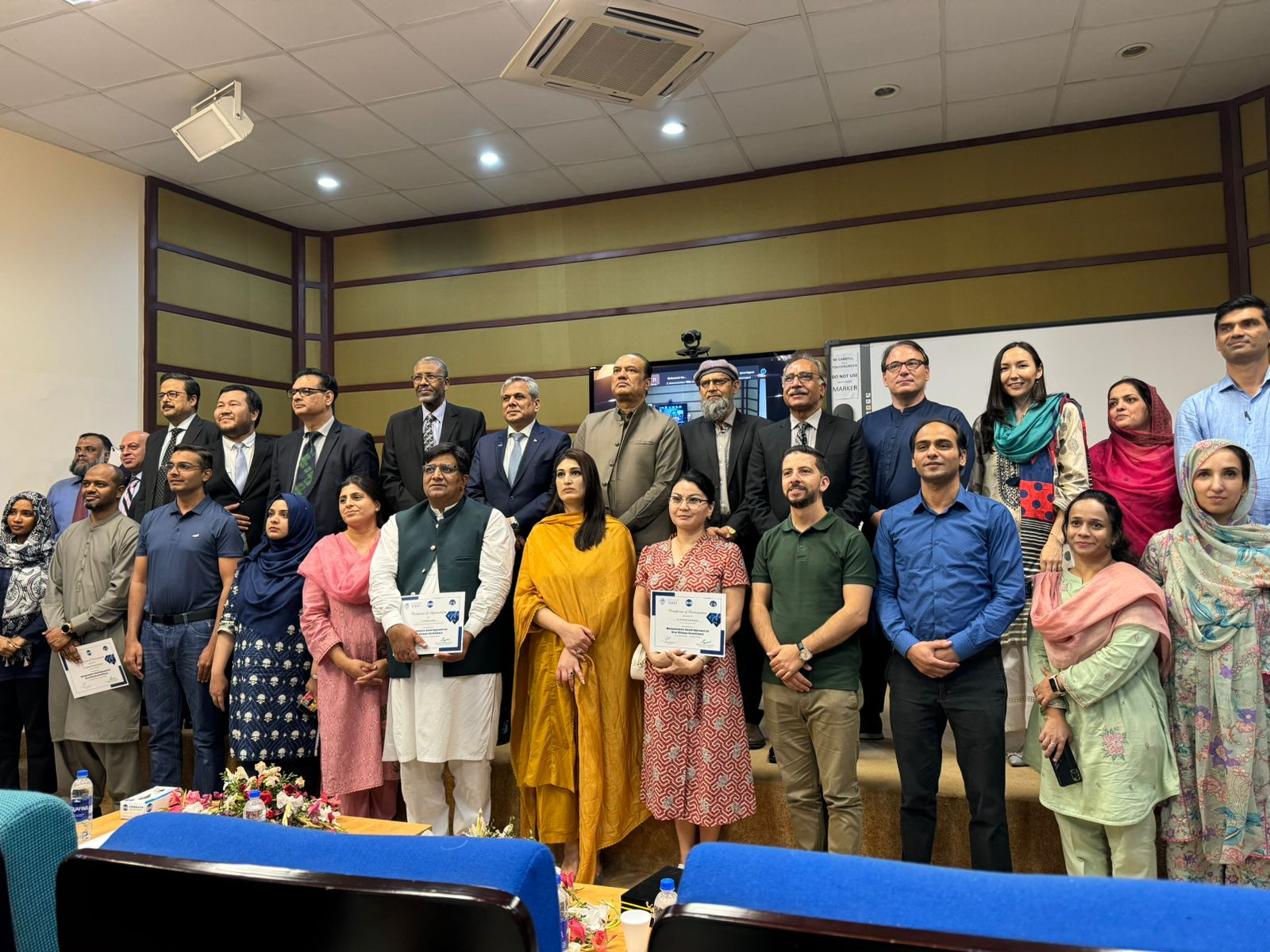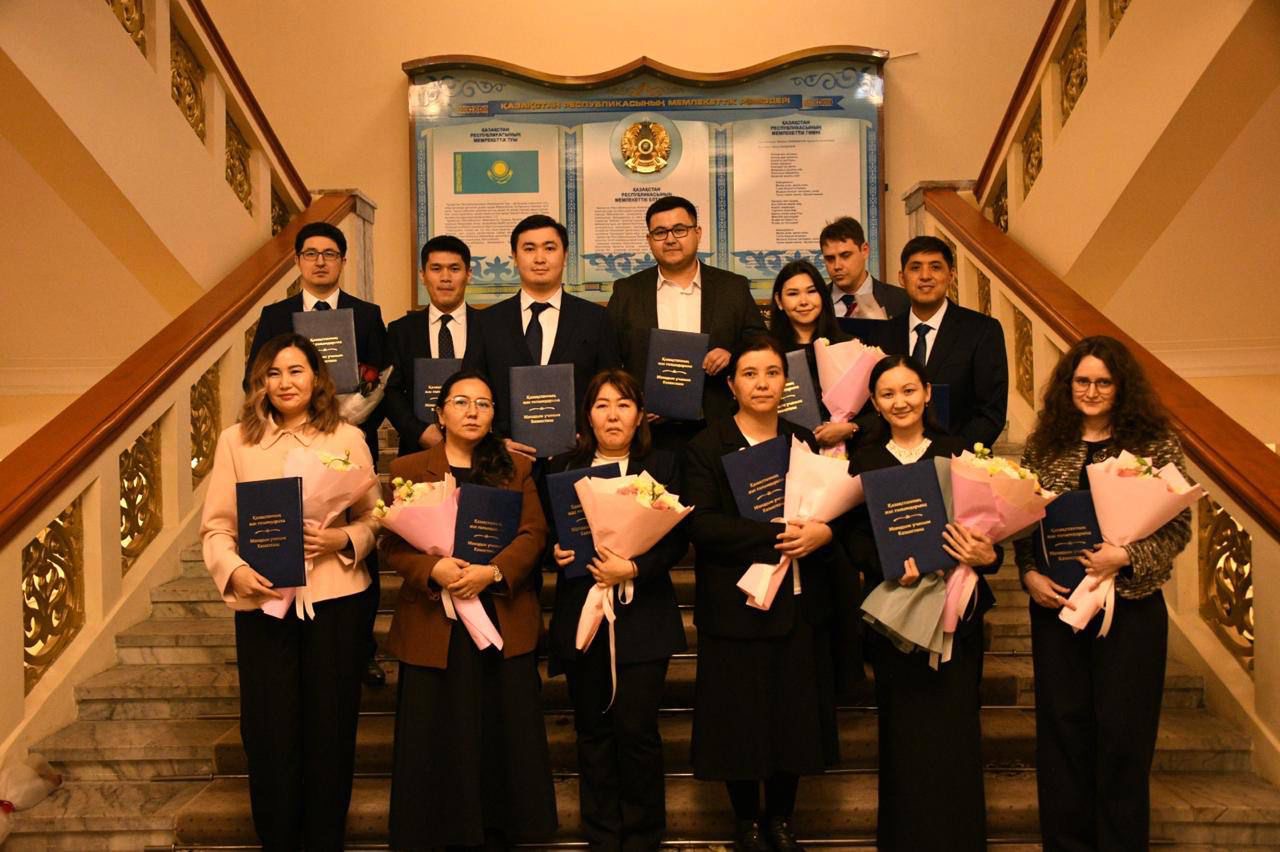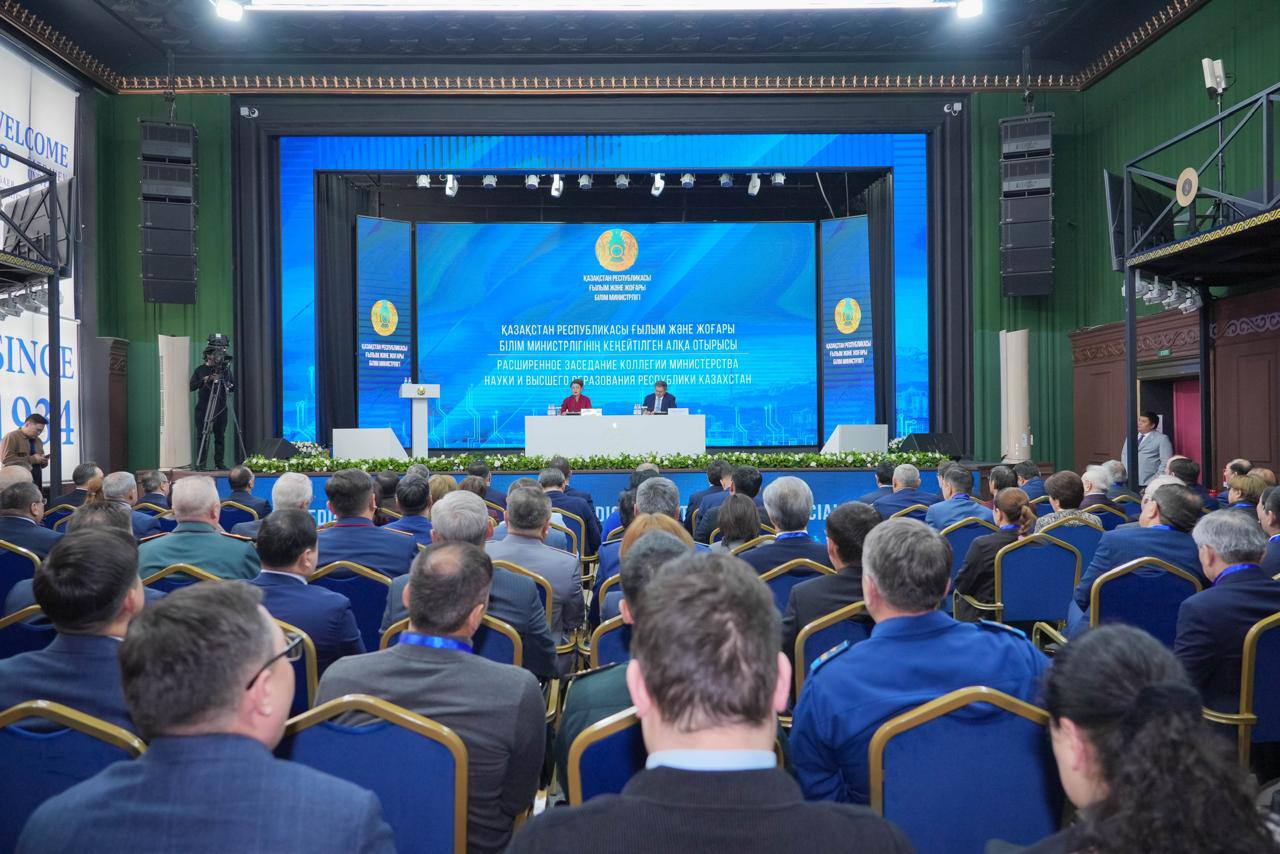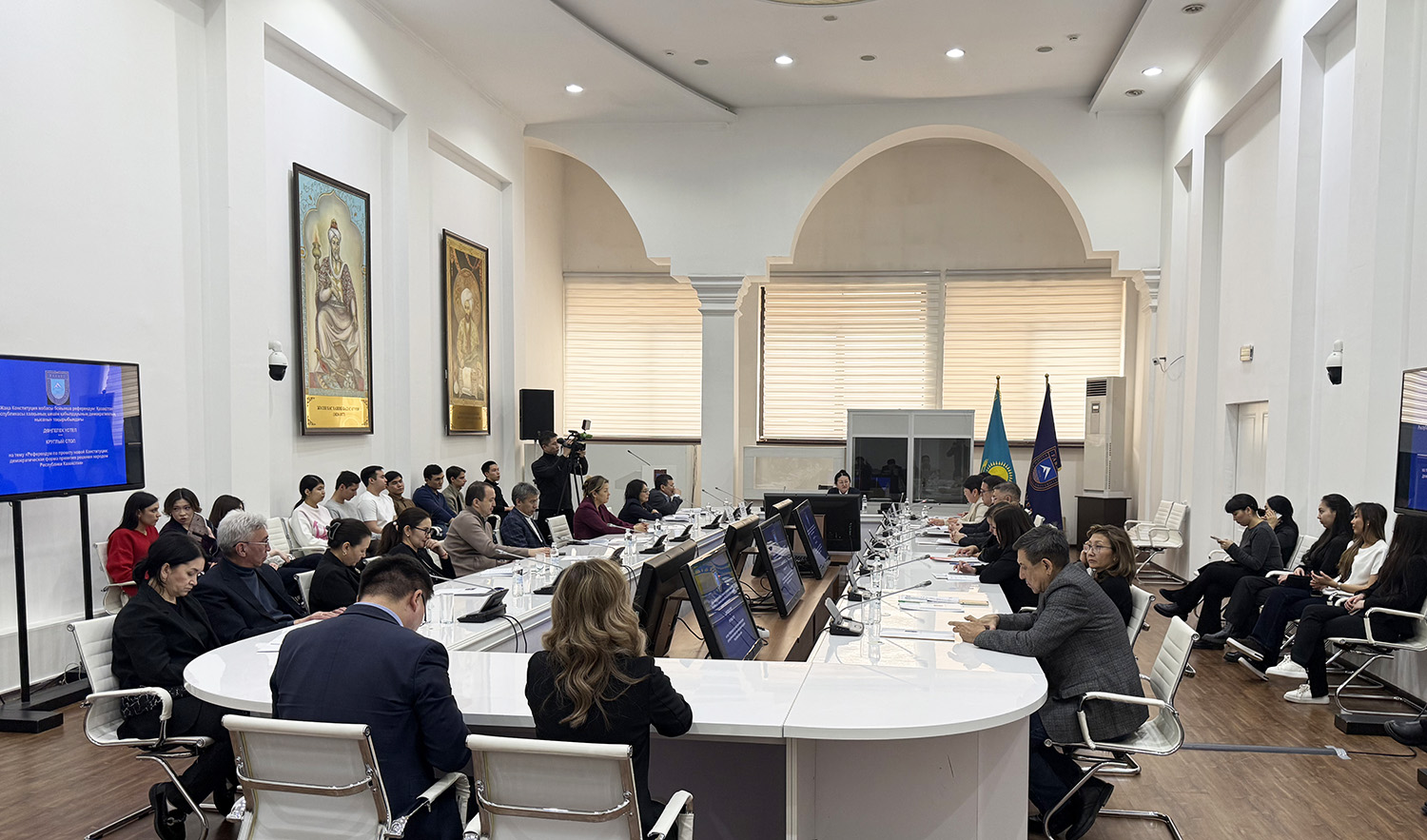- Main
- News
- KAZAKH SCIENTISTS PARTICIPATE IN METAGENOMICS SEMINAR FOR SUSTAINABLE HEALTHCARE DEVELOPMENT
KAZAKH SCIENTISTS PARTICIPATE IN METAGENOMICS SEMINAR FOR SUSTAINABLE HEALTHCARE DEVELOPMENT
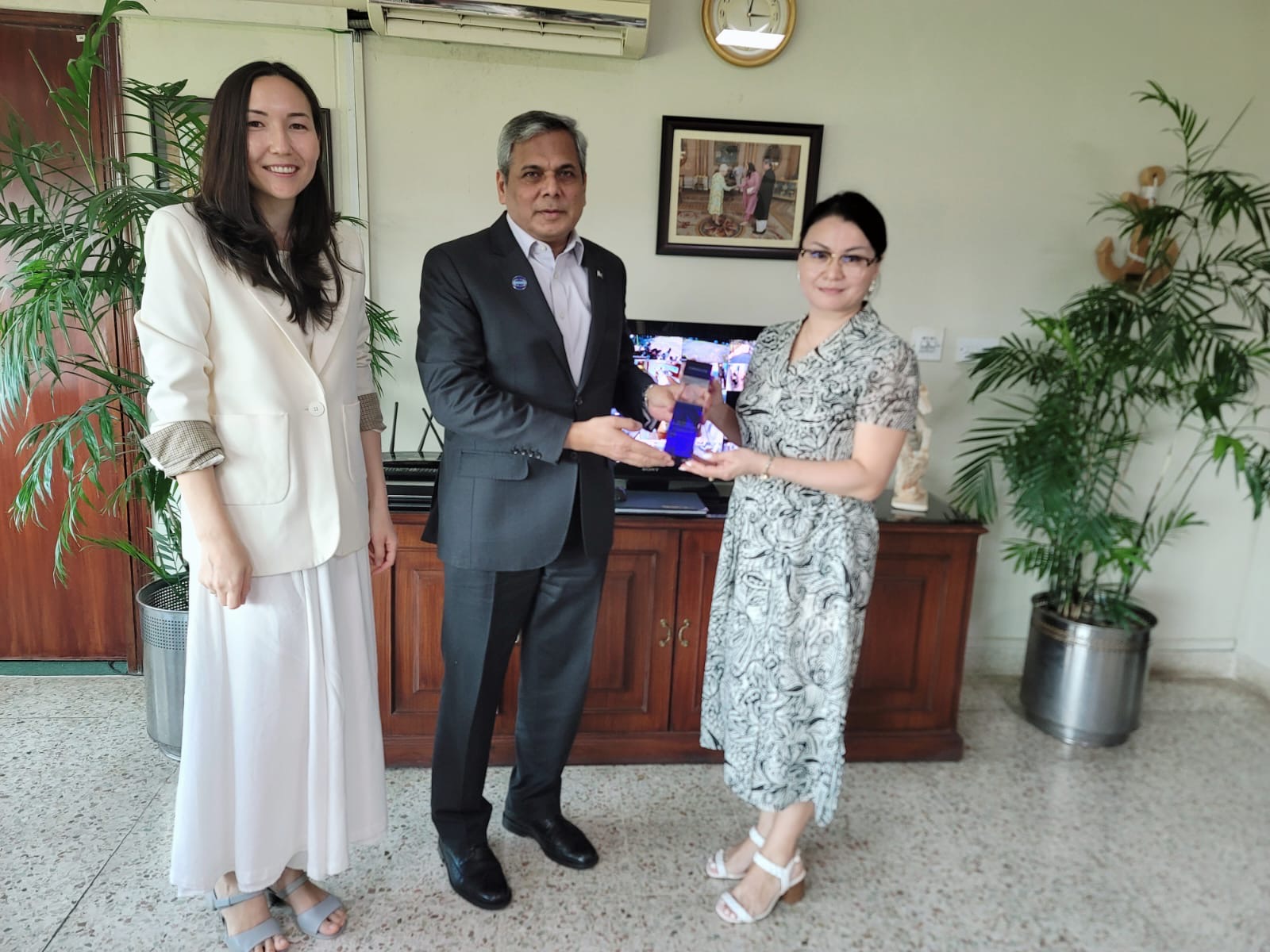
From September 16 to 19, 2024, Professor A.K. Sadvakasova from the department of Biotechnology at KazNU and PhD, senior lecturer of Biotechnology department A.B. Kakimova participated in the international seminar "Metagenomic Approach to Viral Disease Surveillance," organized by COMSATS and the International Centre for Genetic Engineering and Biotechnology, held at COMSATS University in Islamabad, Pakistan. The seminar focused on training participants in metagenomic methods used for epidemiological surveillance of viral diseases, which are essential for achieving the United Nations' Sustainable Development Goals (SDGs), particularly in the area of healthcare (SDG 3: Good Health and Well-being).
The metagenomic technologies discussed during the seminar represent innovative approaches for the early detection of viral threats, contributing to the creation of more resilient healthcare systems. Dr. Silvano Piazza, from the International Centre for Genetic Engineering and Biotechnology (ICGEB, Italy), delivered a lecture titled "Recent Advances and Future Trends in Viral Metagenomics," which generated significant interest among participants. Dr. Piazza emphasized that new sequencing technologies have the potential not only to improve the accuracy and speed of detecting viral pathogens but also to enhance real-time monitoring of their spread. These technologies allow for detailed analysis of viral genomes, even when their concentrations in samples are extremely low, significantly expanding the possibilities for early warning of disease outbreaks. Furthermore, such innovative approaches can be integrated into global epidemiological surveillance systems, contributing to the creation of international databases, thereby improving coordination in combating viral threats on a global scale.
Dr. Momen Alwarsadeh from the Royal Scientific Society of Jordan presented on global viral surveillance and the potential of metagenomics for controlling viral infections, highlighting the importance of international collaboration in addressing emerging healthcare threats. This directly supports SDG 17 (Partnerships for the Goals) by strengthening global scientific cooperation.
Kazakhstani scientists also met with Dr. Muhammad Nafis Zakaria, Executive Director of COMSATS, to discuss the future of scientific collaboration between Kazakhstan and Pakistan, aimed at improving education and research opportunities, which aligns with the goal of achieving SDG 4 (Quality Education).
Moreover, during a meeting with the Ambassador of Kazakhstan to Pakistan, Yerzhan Kystafin, the potential for expanding cooperation between the two countries was thoroughly discussed. The Ambassador highlighted the broad prospects for developing mutually beneficial partnerships, emphasizing the importance of strengthening ties not only in trade and economics but also in such strategically important areas as science and education. He stressed that scientific cooperation and the exchange of educational programs could foster innovation and lead to the creation of new joint projects, which would bring significant long-term benefits to both countries.
International seminars like this one play a crucial role not only in the professional development of scientists but also in advancing the United Nations’ Sustainable Development Goals (SDGs). Participation in such events allows scientists to exchange cutting-edge knowledge, discuss the latest research, and gain access to the most advanced methods and technologies, ultimately leading to the implementation of innovative solutions at both national and international levels.
For scientists, this is a unique opportunity to work in a global context and establish connections with leading experts from different countries, contributing to the creation of new collaborative projects and consortia. These projects often cover key areas such as biotechnology, medicine, ecology, and sustainable energy production, directly supporting key SDGs such as SDG 3 (Good Health and Well-being), SDG 9 (Industry, Innovation, and Infrastructure), and SDG 13 (Climate Action).
For countries like Kazakhstan, participation in such seminars is a step toward integrating into the global scientific community, as well as improving national research capabilities. Applying the knowledge and technologies gained at these events helps advance domestic scientific research, create new educational programs, and train specialists, which also supports SDG 4 (Quality Education).
Thus, international scientific seminars, such as the one held at COMSATS University, become catalysts for global change, promoting both the personal growth of participants and the advancement of the Sustainable Development Goals through the implementation of new methods and the development of international scientific cooperation.
